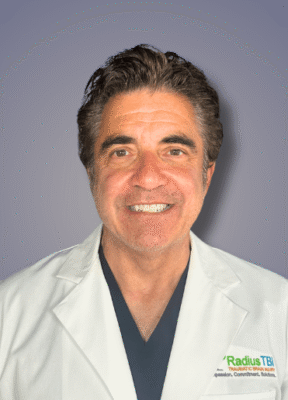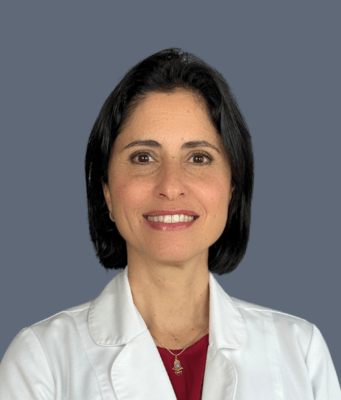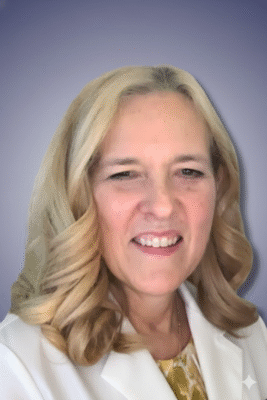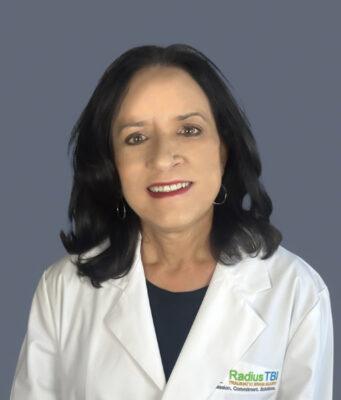
Best Neuropsychologist in Ft Lauderdale
BEATRIZ AMADOR, PsyD
Clinical Psychologist / Neuropsychologist
Dr. Beatriz Amador, is a highly skilled and experienced clinical psychologist and neuropsychologist. With a deep understanding of the complexities of the human mind, Dr. Amador has dedicated her career to helping individuals overcome mental health challenges and optimize their cognitive functioning. Her compassionate approach, backed by evidence-based practices, ensures exceptional care for her patients.
BEATRIZ AMADOR, PsyD
EDUCATION:
PsyD: Clinical Psychology, Neuropsychology Concentration, Albizu University (APA Accredited), Miami, FL
MS: Master of Science, Mental Health Counseling Nova Southeastern University, Davie, FL
Graduate Certificate Program in Gerontology, Florida International University, College of Urban and Public Affairs, Miami, FL
BA: Psychology, Florida International University, Miami, FL
Internship: Internal Medicine (prelim), Queens Hospital Center, Jamaica, NY
Clinical Externship: Neurology, West Coast Neurology, St. Petersburg, FL
LICENSURE AND CERTIFICATIONS:
- State of Florida, Florida Department of Health, Board of Psychology
- State of Florida, Florida Department of Health, Board of Mental Health Counselors, MH 5023, Approved Qualified Supervisor.
SUPERVISED CLINICAL TRAINING:
- Psychology Resident, Outpatient Psychotherapy Rotation, Citrus Health, Network, Inc., Hialeah, Florida (APA Accredited)
- Neuropsychology Intern, Clinical Internship in Neuropsychology and
Rehabilitation Psychology, NYU Mount Sinai School of Medicine, Mount Sinai Hospital Department of Rehabilitation Medicine, New York, New York (APA Accredited) - Neuropsychology Extern, University of Miami/Jackson Medical Center, Division of Psychology, Department of Psychiatry and Behavioral Sciences,
Neuropsychological and Rehabilitative Services, Ryder Trauma Center Miami, Florida
PROFESSIONAL/WORK EXPERIENCE:
- Clinical Psychologist/Neuropsychologist, Memorial Regional Hospital, Hollywood, Florida
- University Psychologist/Neuropsychologist, Florida International University, Counseling and Psychological Services Center, Biscayne Bay Campus/Modesto Maidique Campus, North Miami, Florida
- Clinical Psychologist/Neuropsychologist (Medical Staff/Consultant), Memorial Regional Hospital, Neuropsychology Service, Hollywood, Florida
- Clinical Research Clinician, Wien Center for Alzheimer’s Disease and Memory Disorders, Mount Sinai Medical Center, Miami Beach, Florida
TEACHING EXPERIENCE:
- Adjunct Professor, Nova Southeastern University, Center for Psychological
RESEARCH EXPERIENCE:
- National Language Expert (Consultant), Bracket Global, LLC, Wayne, Pennsylvania
- Rater, Miami Research Associates, Miami, Florida
- Psychometrician, Hereditary Disease Foundation, The Venezuela Project, Huntington’s Disease Study Group, Maracaibo, Venezuela
- Research Assistant, Mount Sinai Medical, Center Wien Center for Alzheimer’s Disease and Memory Disorders, Department of Psychiatry/Division of Psychopharmacology, Miami Beach, Florida
- Program Counselor, Mount Sinai Medical, Center Wien Center for Alzheimer’s Disease and Memory Disorders, Caregiver’s Assistance Program (CAP), Wien Center Expansion Program (WCEP), Miami Beach, Florida
PUBLICATIONS, POSTER PRESENTATIONS, AND PROFESSIONAL PRESENTATIONS:
- Duara, R., Amador, B., Barker, W., Munoz, E., Rubenstein, N., Loewenstein, D. (2005). The Neurocog: A screening test for detecting Mild Cognitive Impairment (MCI). Poster presented at the American Academy of Neurology Conference, April.
- Amador, B. (2004). Utility of the Neurocognitive Evaluation Test in detecting mild Alzheimer’s Disease. [Dissertation Abstracts]. Bravo, M., (Executive Producer), Amador, B., (Collaborator) (2003). 1. “La Enfermedad de Alzheimer: Hacia un Mejor Conocimiento” (Spanish Version, 25 minutes) translated title – “Alzheimer’s Disease: Towards a Better Understanding,” 2. “Coping with Alzheimer’s Disease” Creole Version –19 minutes; 3. “Coping with Alzheimer’s Disease” English Version – 10 minutes. Pigeon Productions, Miami, Florida.
- Bravo, M., Acevedo, A., Blondet, R., Amador, B., Duara, R. (2002). A Spanish language educational video on coping with Alzheimer’s disease and other memory disorders. Poster presented at the 18th International Conference of Alzheimer’s Disease International, Barcelona, Spain, October.
- Amador, B. (2002). “Mental Health Issues: Depression in Memory Impaired Patients and Depression and Stress in the Caregiver.” The presentation was given at the Providing Care of Patients with Dementia: A Training Workshop for Health Care Providers, Key West, Florida, on June 14.
- Amador, B. (1993). “Experimental Drug Studies.” The presentation was given at the Hispanic Alzheimer’s Disease Initiative (ADI) Workshop, Miami Beach, Florida, on November 13.
PROFESSIONAL AFFILIATIONS:
- National Academy of Neuropsychology (NAN)
- American Psychological Association (APA)
- Society for Clinical Neuropsychology (APA Div. 40)
- Florida Psychological Association (FPA)
- Mayor’s Initiative on Aging: Alzheimer’s Conversations Team (ACT)- Miami-Dade County
Languages
English, Spanish
A head injury can be a devastating event that can have long-lasting effects on a person’s life. Depending on the severity of the injury, a person may experience a range of physical, cognitive, and emotional symptoms that can significantly impact their quality of life.
Neuropsychologists are experts in assessing and treating brain injury, and they can play a critical role in helping head injury patients recover and regain their independence.
One of the key ways that neuropsychologists can help head injury patients is by conducting a comprehensive assessment of their cognitive functioning. This assessment involves a battery of tests that measure various aspects of cognitive functioning, including memory, attention, executive function, and language.
The results of this neuropsychological assessment can help identify areas of mental weakness and strength, which can be used to develop a targeted treatment plan that addresses the patient’s specific needs.
Neuropsychologists can also provide psychotherapy to help head injury patients cope with their injury’s emotional and psychological impact.
This can involve various techniques, such as cognitive-behavioral therapy, which helps patients identify and modify negative thought patterns, and mindfulness-based therapy, which helps patients develop skills to manage their emotions and improve their overall well-being.
Traumatic brain injuries (TBIs) are a complex and challenging area of healthcare, requiring specialized expertise to support patients in their recovery and rehabilitation. Neuropsychologists play a vital role in understanding and addressing the cognitive and psychological effects of TBI.
In the world of traumatic brain injury rehabilitation, a skilled neuropsychologist like our featured doctor can make all the difference. Their education, training, and clinical experience are well-suited to addressing the unique cognitive and psychological needs of TBI patients. With a commitment to research, teaching, and community engagement, they are dedicated to improving the lives of those affected by TBIs.
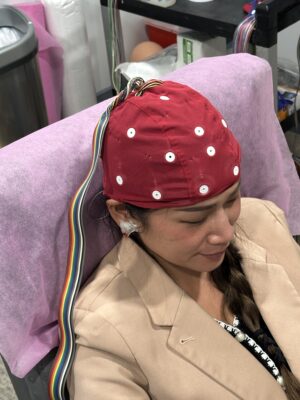
QEEG Brain Map Interpretation
In the world of neuroscience, one of the advanced tools used to understand brain function is the Quantitative Electroencephalogram (QEEG), often referred to as brain mapping. But who interprets these intricate brain maps, and why is their expertise crucial?
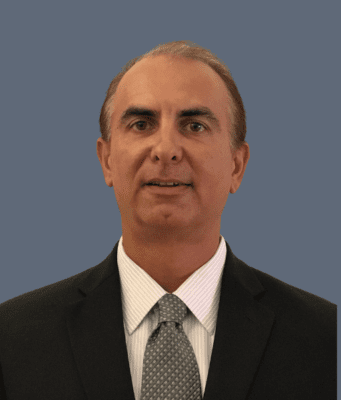
Meet Our No.1 Best Neuropsychologist in Tampa, FL Location
At Radius TBI, we pride ourselves on providing exceptional care for individuals suffering from traumatic brain injuries (TBI) and concussions. Our integrated medical team in Tampa, FL, includes some of the most respected and experienced professionals in the field, ensuring comprehensive and personalized care for each patient. One such esteemed professional is Dr. John J. Dabrowski, a board-certified neuropsychologist renowned for his expertise in neuropsychological assessments and cognitive function.
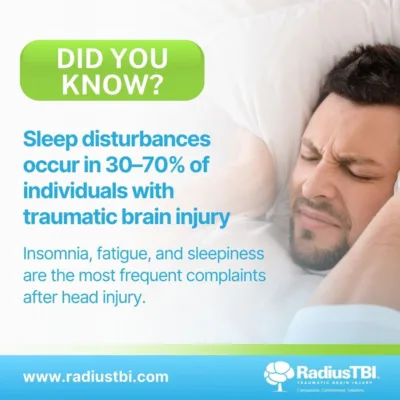
Sleep Disturbance
Did you know? Dealing with a traumatic brain injury (TBI) often means navigating a range of complications, one of the most prevalent being sleep disturbances. Surprisingly, 30-70% of individuals with a TBI experience some form of sleep disruption according to a study published on NCBI.
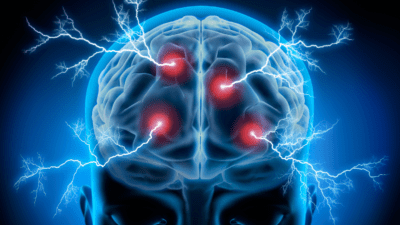
Understanding Routine EEG, QEEG, and Ambulatory EEG Tests
EEG, QEEG, and Ambulatory EEG are distinct forms of electroencephalography, each serving unique purposes in the diagnosis and monitoring of neurological conditions.
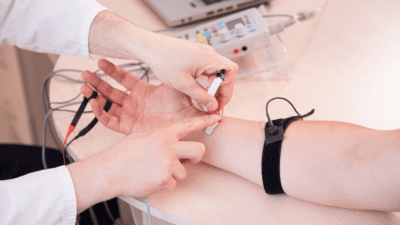
A Deep Dive into Electromyography (EMG Test): Decoding the Language of Muscles and Nerves
Electromyography (EMG) is a diagnostic procedure that plays a crucial role in unraveling the intricacies of the neuromuscular system. By measuring the electrical activity within muscles and the nerves controlling them, EMG provides valuable insights for the diagnosis and management of various neuromuscular disorders.
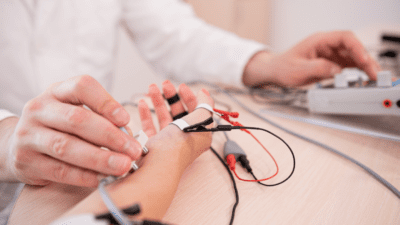
Precise Diagnostics, Proactive Care: Nerve Conduction Velocity NCV Testing Solutions in Florida
The Nerve Conduction Velocity (NCV) test is a diagnostic procedure designed to assess the speed at which electrical impulses travel along nerves. This test is an integral component of neurophysiological studies, providing crucial insights into the functioning of the peripheral nervous system.
Fort Lauderdale Medical Team
Radius TBI comprises a multidisciplinary medical team of neurology, neuropsychology, audiology, neuro-ophthalmology, psychology, and physical therapy dedicated to providing outstanding medical care and improving the quality of life in patients suffering from traumatic brain injury (TBI) and concussion.


